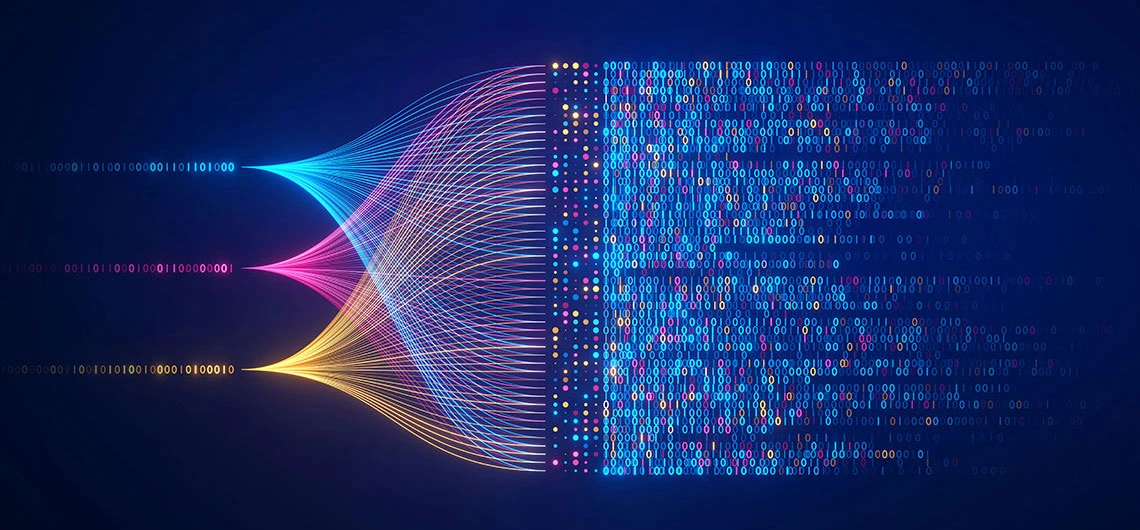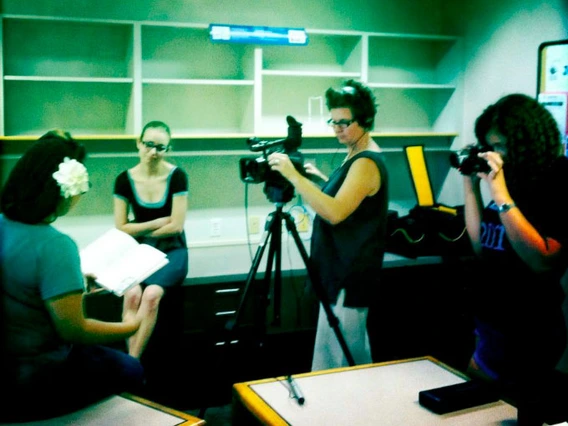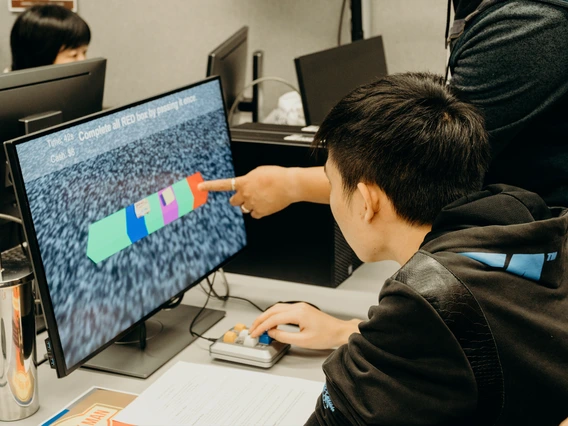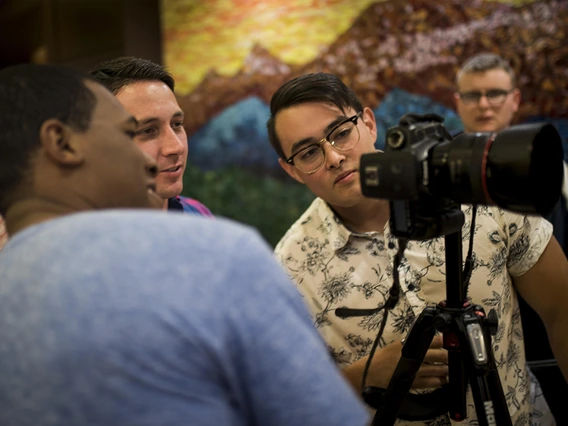
The interdisciplinary research labs, groups and collaboratives of the College of Information Science bring together the scholarly work of faculty with student exploration in the pursuit of answers to society's largest information- and data-related challenges.
Learn more about the advanced research taking place at the College of Information Science:

Biosemantic Research Group
The Biosemantic Research Group focuses on methods for producing computable FAIR data in biodiversity domains, covering research in information extraction, controlled vocabulary/ontology construction, knowledge modeling, software development and user experience evaluation.

co/lab: The Critical Archives & Curation Collaborative
The co/lab is both a physical space and virtual community that provides social and technical resources for the transdisciplinary study of digital curation, archiving and archival contexts, and emerging preservation practices across the University of Arizona campus, Southern Arizona and U.S.-Mexico borderlands.

Computational Language Understanding Lab
The Computational Language Understanding Lab is a team of faculty, students and research programmers who work together to build systems that extract meaning from natural language texts, including question answering (answering natural language questions), information extraction (extracting specific relations and events), semantic role labeling (extracting semantic frames that model who did what to whom, when and where), parsing the discourse structure of complex texts and other computational linguistics problems.

Data Diversity Lab
The Data Diversity Lab focuses on utilizing data science and bioinformatics to address essential inquiries at the crossroads of various disciplines, including ecology, evolution, climate change and software development. The lab's research revolves around harnessing extensive datasets, devising inventive methods to manage intricate data structures and implementing cutting-edge machine learning approaches. Their primary goal is to tackle significant challenges in biodiversity conservation, phylogenetics and the effects of climate change on ecological systems and humanity. The concept of data diversity underscores the lab's dedication to employing information from diverse origins while fostering inclusivity and advocating diversity initiatives within academia.

DS|OH Lab: Digital Storytelling & Oral History Lab
The Digital Storytelling and Oral History (DS|OH) Lab communicates digital storytelling and oral history research to a broader public as engaged research and, importantly, as a vehicle for justice. DS|OH Lab does this by providing scholars and community members with hands-on training in critical media skills as well as in research methods to include participatory and action research methods and those community-based methods.

ML4AI Lab: Machine Learning & Artificial Intelligence Lab
The Machine Learning and Artificial Intelligence Lab (ML4AI Lab) applies state-of-the-art methods in computational intelligence to research problems that span disciplinary boundaries. Lab members are working to model human cognitive development in silico, with robots or softbots in game environments as the “babies” being raised or trained. Other research interests include the sensorimotor foundations of human language; several projects in the last decade have developed algorithms for sensor-to-symbol kinds of processing in service of learning the meanings of words, most recently, verbs; and education informatics, which includes intelligent tutoring systems, data mining and statistical modeling of students’ mastery and engagement, assessment technologies, ontologies for representing student data and standards for content and architectures for content delivery.

Metadata Analytics Lab
The goal of research conducted at the Metadata Analytics Lab is to leverage big metadata from data repositories and trace data to investigate the structures and dynamics of collaboration networks. We analyze the impact of collaboration networks on scientific capacity, global science production and knowledge diffusion. Projects in the lab focus in three main areas:
- Cyberinfrastructure-Enabled Scientific Collaboration Practices
- Metrics for the Social Good
- Community Data Archives

XRG Lab: Extended Reality & Games Lab
The Extended Reality and Games Lab (XRG Lab) performs research on enhanced extended (virtual and augmented) reality systems and novel interaction techniques for improved usability and user experience. Our work mainly consists of design, development and evaluation (through empirical user studies) of these interaction techniques and enhanced systems.

